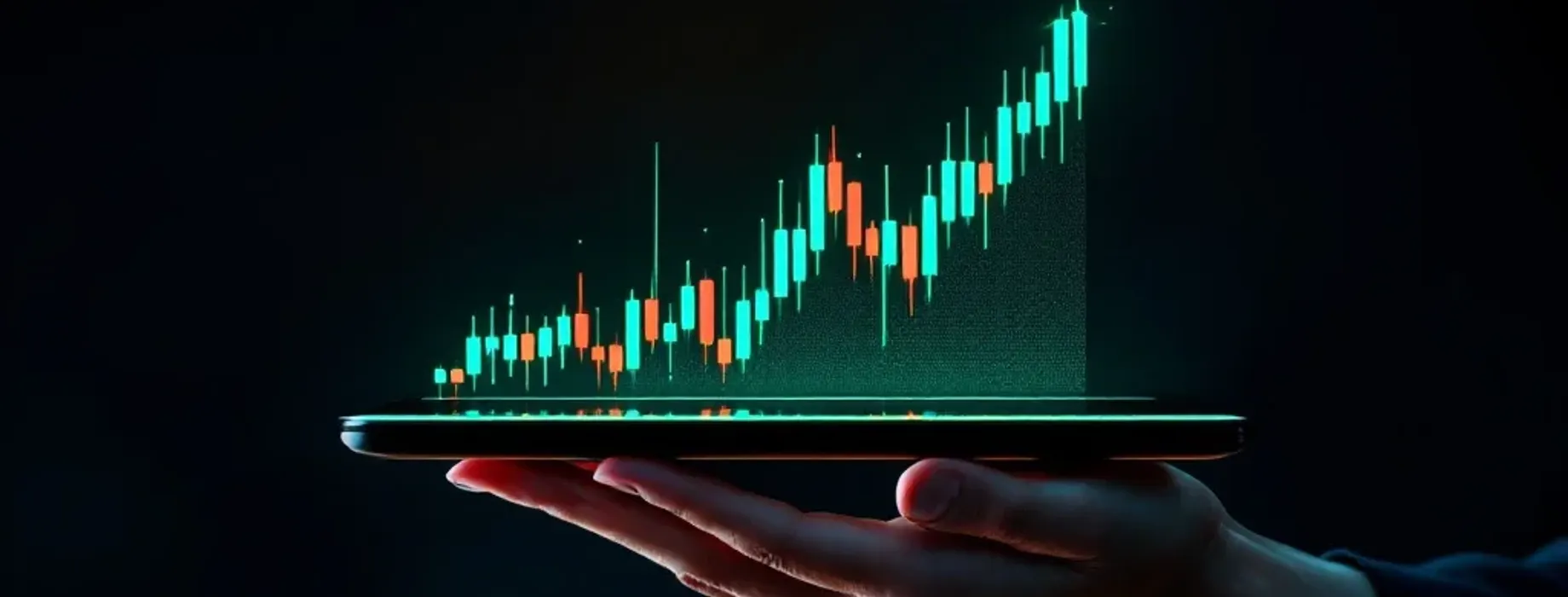- Transaction Speed: Transactions are completed in a matter of seconds, regardless of the location of those involved.
- Reduced Transaction Costs: Compared to other international transfer methods, it offers substantially lower fees.
- High Scalability: The Ripple platform is capable of processing up to 1,500 transactions per second, giving it high scalability capacity.
What Is Ripple XRP and How It Can Impact Your Investments

The digital currency stands out in the current cryptocurrency landscape, offering innovative solutions for financial transactions. Let's investigate its essence, benefits, and limitations, and how it can be used in investment strategies, especially on platforms like Pocket Option.
Article navigation
- What Is Ripple XRP?
- Characteristics of Ripple XRP
- Advantages and Disadvantages of Ripple XRP
- How Ripple XRP Differs from Other Cryptocurrencies
- Investment Strategies with Ripple XRP
- The Role of Pocket Option in Using Ripple XRP
- Interesting Facts About Ripple XRP
- Future Prospects for Ripple XRP
- What Is XRP and How It Connects to Ripple
What Is Ripple XRP?
More than a cryptocurrency, it is a digital payment system developed by Ripple Labs. Created to make international transactions faster and more economical, it has attracted the attention of investors and financial institutions. Unlike other cryptocurrencies, such as Bitcoin, which aim to replace traditional currencies, this system aims to enhance the efficiency of existing monetary transfers.
Characteristics of Ripple XRP
Advantages and Disadvantages of Ripple XRP
For a deeper understanding, it is vital to examine its advantages and disadvantages:
| Advantages | Disadvantages |
|---|---|
| Fast and efficient transactions | Centralization under Ripple Labs control |
| Reduced transaction costs | Lower acceptance compared to Bitcoin |
| Support from financial institutions | Regulatory concerns in some countries |
How Ripple XRP Differs from Other Cryptocurrencies
This asset is often compared to other cryptocurrencies, such as Bitcoin and Ethereum. The main distinction lies in its purpose and structure. While Bitcoin is decentralized and aims to be an alternative to traditional money, Ripple is centralized and seeks to optimize existing banking systems.
| Characteristic | Ripple XRP | Bitcoin |
|---|---|---|
| Purpose | Optimize transactions | Digital currency |
| Structure | Centralized | Decentralized |
| Speed | Seconds | Minutes |
| Transaction Cost | Low | Variable |
It is interesting to note that Ripple Labs holds a significant amount of the digital currency, raising questions about centralization and control, an uncommon aspect in the cryptocurrency universe. Still, confidence in its ability to solve global banking problems continues to grow.
Investment Strategies with Ripple XRP
Investing in the currency can be an interesting move, especially for those looking to diversify their cryptocurrency portfolios. Some approaches include:
- Buy and Hold: Acquire the asset and store it in a digital wallet waiting for appreciation.
- Quick Trading: Use platforms like Pocket Option for quick operations based on price fluctuations.
- Arbitrage: Capitalize on price differences in different exchanges to profit.
The Role of Pocket Option in Using Ripple XRP
Pocket Option enables investors to explore the potential of the digital asset through quick trading. This approach is ideal for those who wish to take advantage of market volatility without needing to physically own the cryptocurrency. Pocket Option offers advanced analytical tools that assist investors in making informed decisions.
Interesting Facts About Ripple XRP
- In 2025, it remains among the top five cryptocurrencies in market capitalization.
- The currency is widely adopted by banks around the world to optimize international transfers, gaining prominence for its institutional acceptance.
- The underlying technology has the potential to transform financial transactions globally, making them more accessible and transparent.
Future Prospects for Ripple XRP
The future of this asset looks promising, with possible expansions in new banking partnerships and continuous improvements in transaction technology. However, it is vital for investors to be aware of regulatory uncertainties that may affect its value. The ability to adapt to a constantly evolving financial landscape will be crucial for its continued success.
What Is XRP and How It Connects to Ripple
Many people wonder about the relationship between the currency and the underlying technology. Essentially, XRP is the native currency of the Ripple network. It enables fast and low-cost transactions, acting as a bridge between different fiat currencies during international transfers. While the company and technology refer to the system as a whole, XRP specifically refers to the digital asset used in these transactions.
FAQ
What differentiates Ripple XRP from other cryptocurrencies?
It is distinguished by focusing on the optimization of global financial transactions and its centralized structure, designed to work with existing banking systems rather than replacing them.
How can Ripple XRP benefit banks and financial institutions?
It offers fast and low-cost transactions, helping banks and financial institutions improve efficiency and reduce the costs of international transfers, making it an attractive solution for the financial sector.
What are the regulatory concerns surrounding Ripple XRP?
Regulatory concerns include issues about its centralization and Ripple Labs' control over a large portion of the currency, as well as challenges in different jurisdictions regarding its acceptance and regulation.
What investment strategies are recommended for Ripple XRP?
The recommended strategies include buy and hold, quick trading on platforms like Pocket Option, and arbitrage to take advantage of price differences between exchanges.
How can the Pocket Option platform help investors in Ripple XRP?
Pocket Option offers a user-friendly interface and advanced analytical tools that allow investors to perform quick trading, leveraging market volatility to maximize returns without the need to physically own the cryptocurrency.